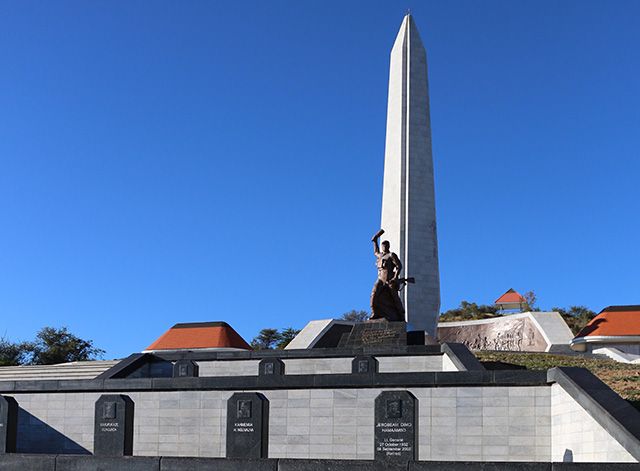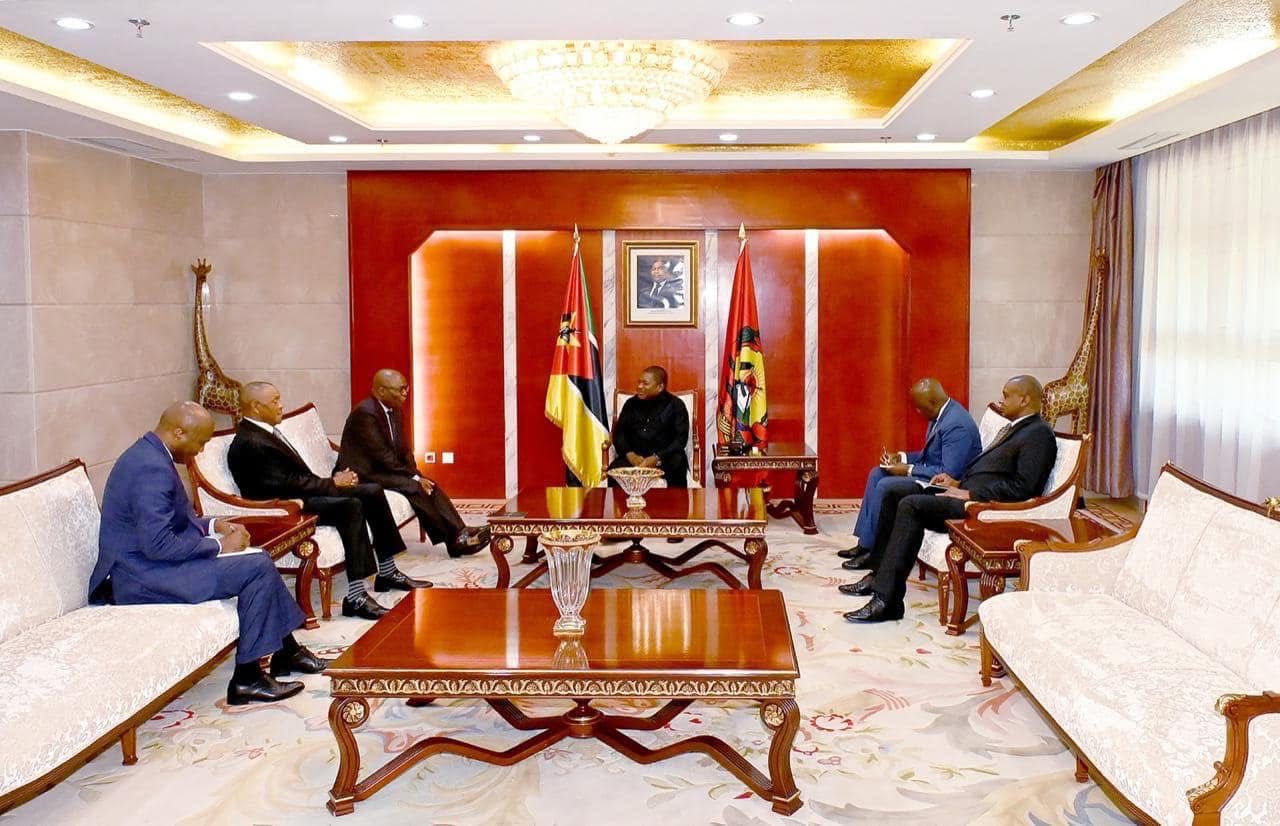After leaving office in 2017, Dos Santos went into exile at a Barcelona mansion. He barely commented on matters of state publicly.
During his last days, there was a public battle of wits between the former president”;s family and the state on how his health should be managed.
Welwitschea José dos Santos, one of his daughters, even made public accusations saying there were clear intentions to “hasten the death” of her father.
His death on Friday comes at a particularly sensitive time for Angolan democracy, as the country prepares for its upcoming elections in August. Elements loyal to Dos Santos are working to unseat Lourenco, who is seen as singling out the former first family.
So far it is unclear what impact his death could have on this process, nor how and where his funeral will take place – given the current hostile relationship between his older children – some in exile in Europe – and the Angolan state.
A dominant and influential figure in Angolan and African politics for more than 30 years, Dos Santos was the country”;s second president. His 38-year stint in power left a legacy that continues to divide opinions inside and outside Angola.
“;Zé Dú”;, as he affectionately came to be known throughout his long presidential term, had been in exile in Barcelona since late 2017, when he formally retired from political life, leaving power to his successor, João Lourenço.
Although there has never been an official statement about the extent of Dos Santos”; health problems, he made regular visits abroad for medical assistance, leading to speculation he had cancer.
FROM GRASS TO GRACE
The man who was born in 1942 to a mason in a humble neighbourhood on the outskirts of Luanda was an enigma of sorts.
He never spoke much publicly.
Dos Santos joined the struggle for Angola”;s liberation from Portuguese colonial rule early.
As a 19-year-old student, he joined the People”;s Movement for the Liberation of Angola (MPLA), Angola”;s ruling party.
By 1961, he became an official member of the MPLA and was chosen by the movement to study petroleum engineering in Moscow.
The former Soviet Union – and Cuba – supported many independence movements in Africa, creating many subplots in the long-running cold war.
A decade on he returned home having graduated to serve in the armed movement of his party for the Angolan liberation struggle.
From Angola”;s independence proclamation in November 1975, Dos Santos held important positions in the government and in his party. Between 1975 and 1976, he held the role of the country”;s first foreign minister.
But it was three years later, following the death of Angola”;s first president, Antonio Agostinho Neto, that Dos Santos took a leap to the big stage.
He was nominated by the MPLA to take over the reins of a country mourning the premature departure of one of its founding fathers.
SECURING THE PEACE
“It”;s not an easy replacement, nor does it seem like a possible replacement to me, it”;s just a necessary replacement,” he said of his predecessor in his inaugural national speech in September 1979.
And it was clear why.
The new president had inherited a country that, despite being independent, had unresolved problems with itself.
The most pressing one at the time was the civil war between the national liberation movements: Dos Santos”; MPLA, the National Union for the Total Independence of Angola (Unita), and the National Liberation Front of Angola (FNLA).
The MPLA was essentially running a one-party state, so the other movements continued to stage attacks.
In 1991, a peace agreement was reached between the MPLA, led by Dos Santos, and Unita, headed by Jonas Savimbi.
But the following year, Savimbi did not accept election results that showed the MPLA winning, so war erupted again.
It was not until after Savimbi was killed in a clash with government troops in February 2002 that a second peace agreement was made.
OPPRESSION, REPRESSION AND CORRUPTION
During his time as president, Angola came to be the continent”;s second-largest oil producer and third-largest producer of diamonds.
Stay informed with The Namibian – your source for credible journalism. Get in-depth reporting and opinions for
only N$85 a month. Invest in journalism, invest in democracy –
Subscribe Now!







